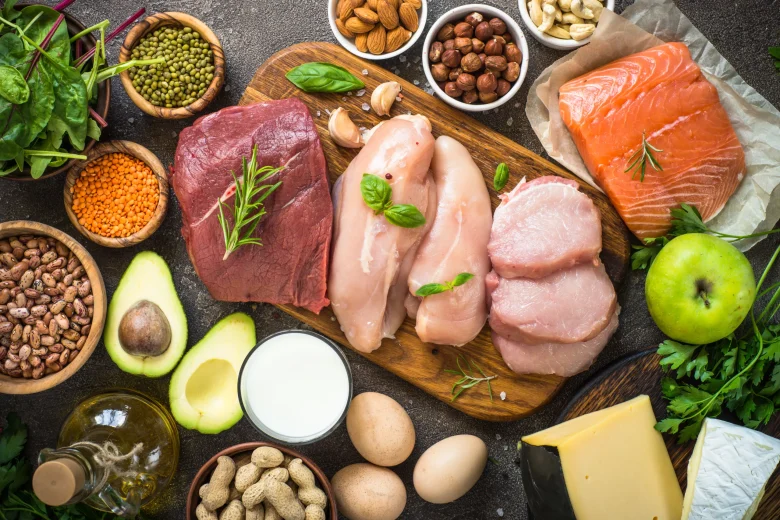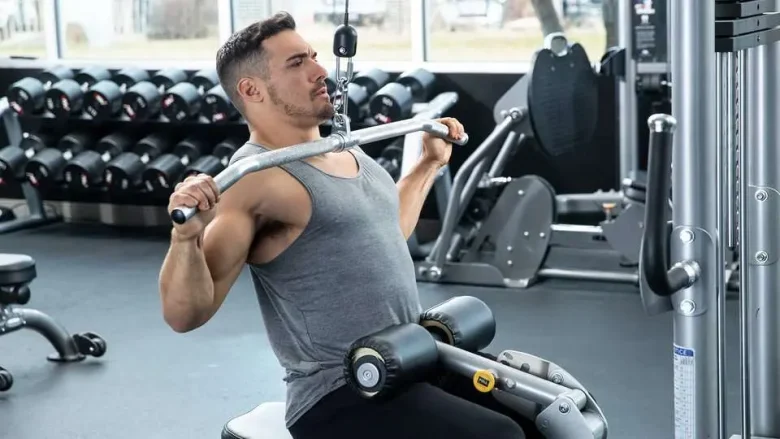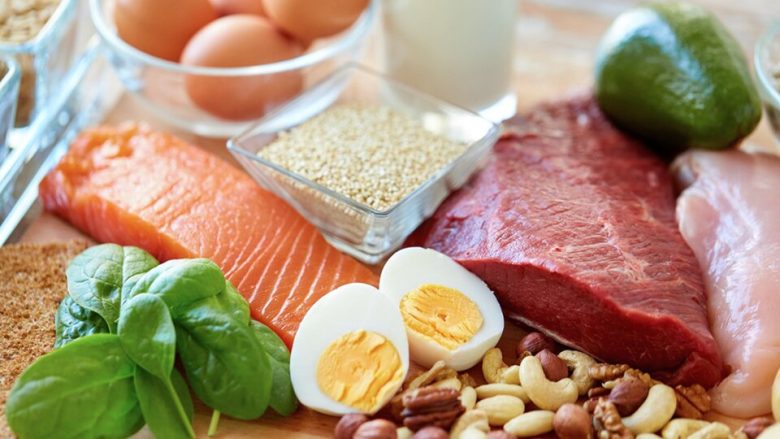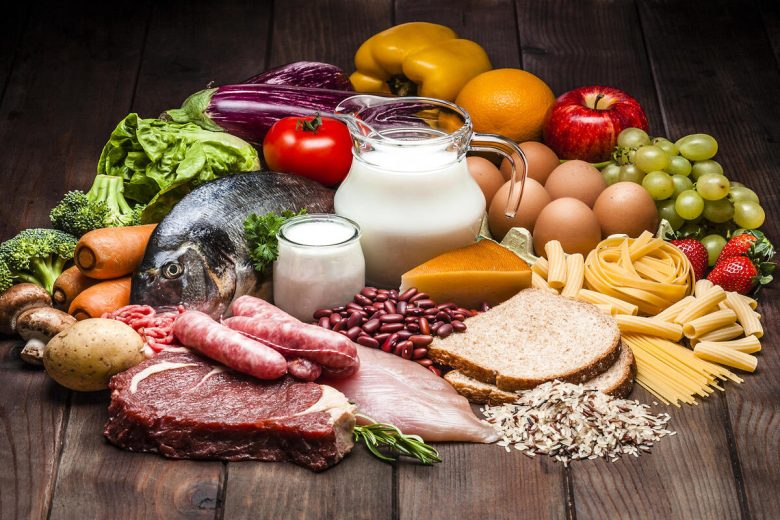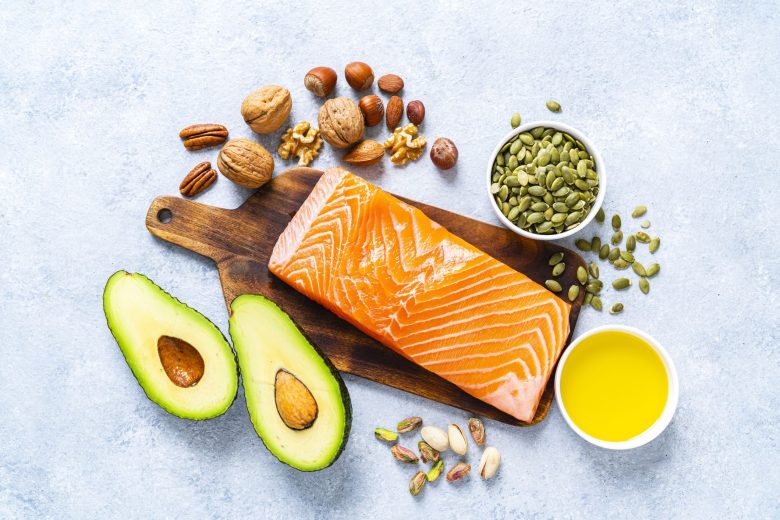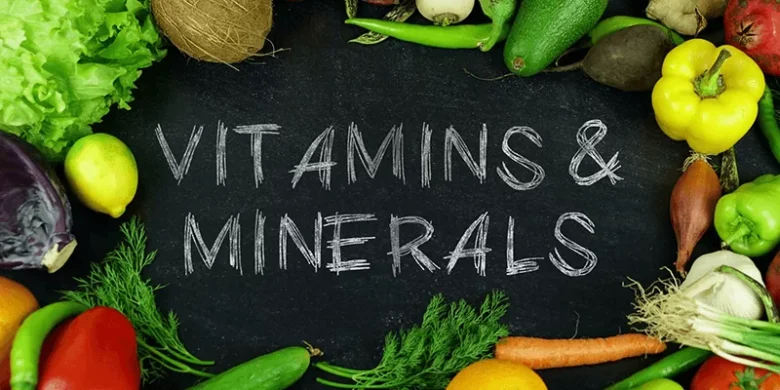Reaching your fitness goals requires more than just spending time in the gym. Recovery is just as crucial as the hard work you put into your workout, and it’s the key to reducing soreness, speeding up healing, and promoting muscle growth. Whether you’re a seasoned athlete or just starting your fitness journey, understanding the best …
Month: February 2025
Protein is an integral macronutrient for all athletes. It supplies amino acids, which are used to build and repair muscle tissue as well as assist in heat adaptation and water balance. Athletes require balanced daily protein intakes consisting of both whole food sources and leucine-enriched supplements in order to maximise muscular protein remodelling and recovery. …
Bodyweight exercises are a tried and tested method of exercise. These exercises are suitable for all fitness levels and don’t require any equipment. They also improve mobility, strength and balance. These foundational exercises are important for any exercise routine, whether you’re an athlete or fitness novice. This guide will show you how to improve your flexibility and fitness …
It can be exciting to start your fitness journey, but you should do so at a pace that is manageable. Beginners often make the mistake of jumping into intense workouts immediately, which can lead to burnout and injuries. You need time for your body to adjust to new physical demands. Starting slowly allows you to build …
Anyone hoping to lose weight or simply gain greater culinary confidence can benefit greatly from meal prep, as it helps them stay on track and resist quick, unhealthy options like fast food or frozen dinners.Meal prep may seem intimidating at first, so the key is to start small and choose familiar recipes as your starting …
Ready to improve your workout? What you eat before and after a workout, run, or yoga session can make a big impact. Pre- and post-workout nutrition is an art that promotes performance and recovery, not just snacking. The right nutrition can boost energy, endurance, and muscle growth. Let’s talk about how you can improve your …
A balanced diet involves consuming a range of nutrient-dense foods. While you can indulge in sweet treats occasionally, the goal should be to focus on nutritious whole food sources as your primary focus. A balanced diet includes proteins, carbohydrates, fats (or lipids), and micronutrients such as vitamins and minerals; water is an integral component of …
Fat is essential to our bodies—providing energy, helping absorb certain vitamins, and providing structure to support brain, muscle, and nerve function. But it’s essential to recognize healthy from unhealthy fats due to how their molecular configuration influences how they act within our bodies. Unhealthy fats include saturated (red meat, butter, and high-fat dairy foods) and …
Our overall health and well-being are largely dependent on nutrition. Our bodies get energy from the food we eat, but it also affects every aspect of our physical and emotional health. Even the best fitness plan or sleep schedule can go awry if we don’t pay attention to our diet. In this article, we explore …
Vitamins and minerals are vital elements to maintaining a healthy diet, aiding bones, supporting immunity, and turning food into energy. While vitamins are organic substances derived from plants or consumed directly by animals. Vitamins include A, B6, C, D, E, and K, as well as folic acid. Minerals include calcium, sodium, potassium, iron, and zinc. …


